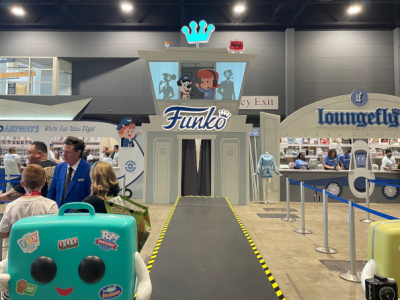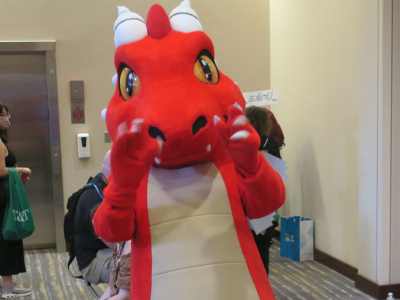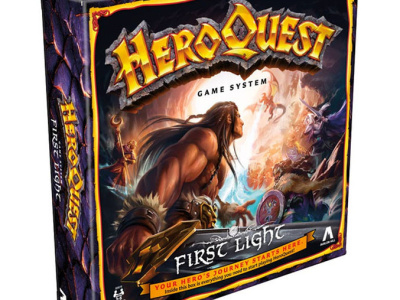With net revenues up 11% to $3.1 billion for the year, Hasbro, the second largest U.S. toymaker, reported gains for both the year and the fourth quarter thanks to strong sales of new toys, classic brands, and board games. The toy giant was also aided by favorable currency rates (due to the falling dollar) on its considerable international business. Hasbro took charges of $18.4 million for closing a plant in Spain and $14 million for exiting leases and severance for employees of the remaining Wizards of the Coast retail stores.
Revenues for U.S. toy sales totaled $1.1 billion for the year and $318.9 million for the fourth quarter, an increase of 6.2 % and 10.4% over 2002 respectively. Hasbro credits strong sales for many of its brands including Beyblade, Transformers, and VideoNow for the toy segment's strong performance.
Game revenues were $804.5 million for the year and $293.5 million for the quarter, increases of 8.8% and 9.1% respectively. Interestingly operating profits for the games segment went up a whopping 40.8 % and helped Hasbro increase its overall operating margin by 3.2 % for the year (to 11%). The operating profit for the games segment was nearly double that of Hasbro's U.S. toys ($175.3 million vs. $92.0 million).
International segment revenues, thanks to the positive effect of foreign exchange rates, increased 22% for the year and 21.7% for the quarter. Without the benefits of a sliding dollar the growth in this segment (8.8% for the year) parallels what Hasbro did domestically. Hasbro mentioned Beyblade, Magic the Gathering, and Transformers as major contributors to the growth in foreign sales. Hasbro's combined foreign sales of toys and games ($1.2 billion) represent more than one third of its total revenue and provide the toy giant with some insulation against domestic events such as the KB Toys bankruptcy (see 'KB Toys Files Chapter 11') and make it less dependent on Wal-Mart, which is increasingly dominant in the U.S. toy market.







